| |
| |
| |
| Presented By the Skoll Foundation |
| |
| Axios World |
| By Dave Lawler · Apr 06, 2023 |
| Welcome back to Axios World. - Happy Passover to all of those celebrating, and happy Easter to those who'll be celebrating this weekend.
- Tonight's edition (1,675 words, 6 minutes) starts in Beijing and ends in a village in Germany. Thanks for being a reader.
|
| |
| |
| 1 big thing: Macron presses Xi not to go all-in with Putin |
 |
|
| Chinese President Xi Jinping and French President Emmanuel Macron outside the Great Hall of the People today. Photo: Ng Han Guan/Pool via Getty Images |
| |
| French President Emmanuel Macron today told Chinese President Xi Jinping he was counting on him to "bring Russia to its senses." For now, Macron's top priority is convincing Xi not to send Russia arms, a French official tells Axios. Why it matters: Macron and European Commission President Ursula von der Leyen met Xi today in Beijing in what the BBC dubbed a "good cop, bad cop" act. The more hawkish von der Leyen arrived fresh off a major speech on "de-risking" Europe's relations with China, while Macron brought 53 deal-seeking business leaders along on his three-day visit. - Top of today's agenda, though, was Ukraine. The European leaders urged Xi to finally make a long-anticipated call to Ukrainian President Volodymyr Zelensky, and stressed that there will be consequences if Xi arms his "dear friend" Vladimir Putin.
Between the lines: The French official contends it makes strategic sense for Macron to express support for China's attempts to mediate between Russia and Ukraine because it's better to have Beijing talking about peace than moving to arm Russia. - The White House and many Western analysts have dismissed Beijing's "peace plan" as a fig leaf from a government that's providing "diplomatic cover" for Russia's aggression.
- By contrast, Macron said in Beijing that Xi's proposals, while imperfect, show "a will to play a responsible role and try to build a pathway to peace." He also appealed to Xi to recognize Russia's responsibility for starting the war.
- Not unlike his decision to hold regular calls with Putin after the invasion, Macron seems to be betting that persuasion is more likely to influence Beijing's behavior than attempts at isolation. "We, Europeans, would be mistaken to let Russia be the only European nation speaking to China," he said after arriving in Beijing.
The other side: Appearing alongside Macron, Xi didn't budge from any of his previous positions on Ukraine beyond saying he was willing to issue a joint appeal with France for "the international community to remain rational and calm." - Xi also appeared to grow impatient as Macron expounded at length about the shared responsibility to deliver peace, Politico reports.
Macron tends to take a more moderate public line toward China on a range of issues than his counterparts in the U.S. and some other Western countries in part because he doesn't face much domestic political pressure to show he's tough on China, the French official says. - Still, his and von der Leyen's visit comes at a sensitive moment in the debate among EU leaders over China, which is both a major trade partner and a "systemic rival."
- Von der Leyen has been raising concerns about alleged Chinese intellectual property theft, the bloc's growing trade imbalance with China, and over-reliance on China for certain goods. She's also warned about exports of certain sensitive technologies to China, a top priority for the U.S.
Chinese officials and state media have cast von der Leyen as too close to Washington, and China's ambassador to the EU retorted after her speech that European leaders should "see where their interests lie and then resist the unwanted pressure from the U.S." What to watch: The debate over how to proceed on EU-China trade could become intertwined with the war in Ukraine. - Noah Barkin of the German Marshall Fund reports that Macron's advisers have discussed offering Xi a bargain whereby "France will resist U.S. pressure to decouple from China if Beijing invests diplomatic capital in bringing about peace in Ukraine."
- The flip side: If China starts arming Russia — which the government denies any intention of doing — the next EU debate will be over sanctions on Beijing.
|
    |
| |
| |
| 2. Rockets fired from Gaza and Lebanon after raid in Jerusalem |
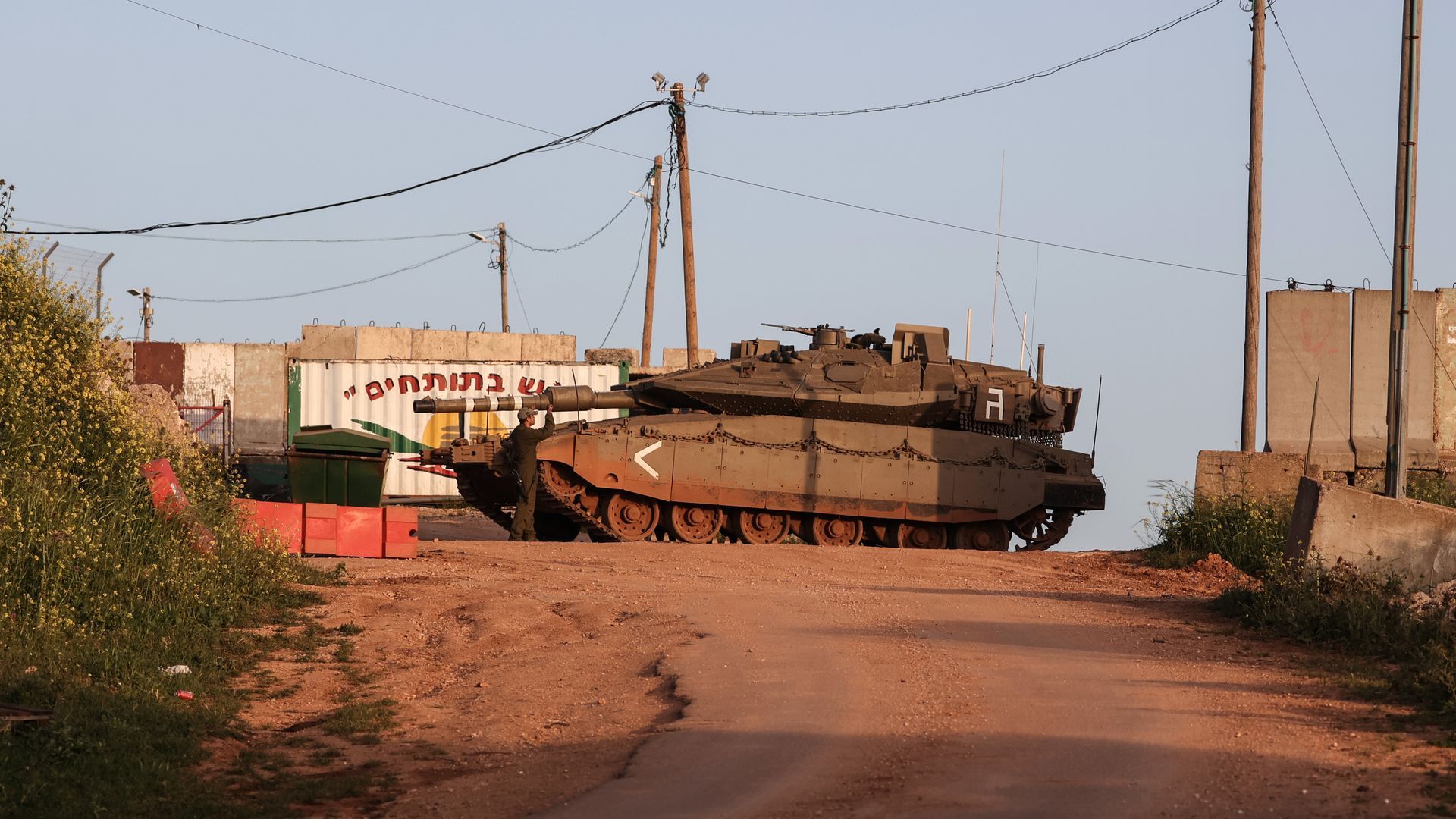 |
|
| An Israeli military tank is pictured at the Israeli-Lebanese border. Photo: Ilia Yefimovich/Picture Alliance via Getty Images |
| |
| Air raid sirens went off this afternoon in northern Israel as dozens of rockets were fired from Lebanon, Axios' Barak Ravid reports from Tel Aviv. The big picture: It's the most serious escalation between Lebanon and Israel since the 2006 war, and came a day after a violent confrontation between Israeli police and Palestinian worshipers at the at the Al-Aqsa Mosque in Jerusalem during a police raid at the holy site. - After the raid, which several Arab countries swiftly condemned, Palestinian militants fired several rockets from Gaza. Israel responded with airstrikes.
- Today, at least 34 rockets were fired from Lebanon, according to the IDF, which said most were intercepted but five fell in Israeli territory. An IDF spokesperson blamed Hamas. The group has not claimed responsibility for the attack.
- Israeli Prime Minister Benjamin Netanyahu said at the start of a Security Cabinet meeting late Thursday that Israel's enemies "will pay a price for any aggression." Netanyahu stressed that Israel's domestic turmoil won't prevent it from operating against its enemies.
- Lebanese Prime Minister Najib Mikati condemned the rocket fire toward Israel from its territory.
The latest: Israel began striking Gaza overnight Thursday into Friday local time. What to watch: Two Israeli officials say that while the response against Hamas in Gaza will be very strong, it's unclear what the response in Lebanon will look like because Israel doesn't want to risk all-out war. |
    |
| |
| |
| 3. Global news roundup |
| Iranian Minister Foreign Minister Hossein Amir-Abdollahian (L) and Saudi Foreign Minister Faisal bin Farhan Al Saud exchange documents, with Chinese Foreign Minister Qin Gang looking on. Photo: Iranian Foreign Ministry handout via Getty Images 1. In another big meeting in Beijing, the foreign ministers of Saudi Arabia and Iran agreed to restore flights and travel between their countries and prepare to reopen embassies. 2. Meanwhile, China has yet to launch a large-scale military response to yesterday's meeting between Taiwan President Tsai Ing-wen and House Speaker Kevin McCarthy, though Chinese vessels are now inspecting cargo ships in the Taiwan Strait. - Beijing continues to promise "resolute and forceful measures."
3. Ukrainian President Volodymyr Zelensky said his troops are still fighting for control of Bakhmut, but will withdraw if they face potential encirclement. The Wagner Group claims it now holds the city center. - Meanwhile, one of Zelensky's advisers told the FT that if Ukrainian troops fight their way to the border with Crimea, Kyiv will be willing to hold talks on the peninsula's future. Zelensky has insisted Crimea must return to Ukraine, but admits that taking it militarily would involve massive losses.
- Ukraine is poised to launch a crucial counteroffensive in the coming weeks. Go deeper.
4. Azerbaijan's government claims to have foiled an Iran-linked plot to destabilize the country. It expelled four Iranian diplomats and arrested six people it said were linked to Iran's security services. 5. Former Brazilian President Jair Bolsonaro was questioned yesterday as part of an investigation into more than $3 million in jewelry he and his wife received from Saudi Arabia while he was president. 6. Nicaraguan strongman President Daniel Ortega has banned Holy Week processions leading up to Easter as part of his showdown with the Catholic church. |
    |
| |
| |
| A message from the Skoll Foundation |
| Meet the 2023 winners of the Skoll Award for Social Innovation |
| |
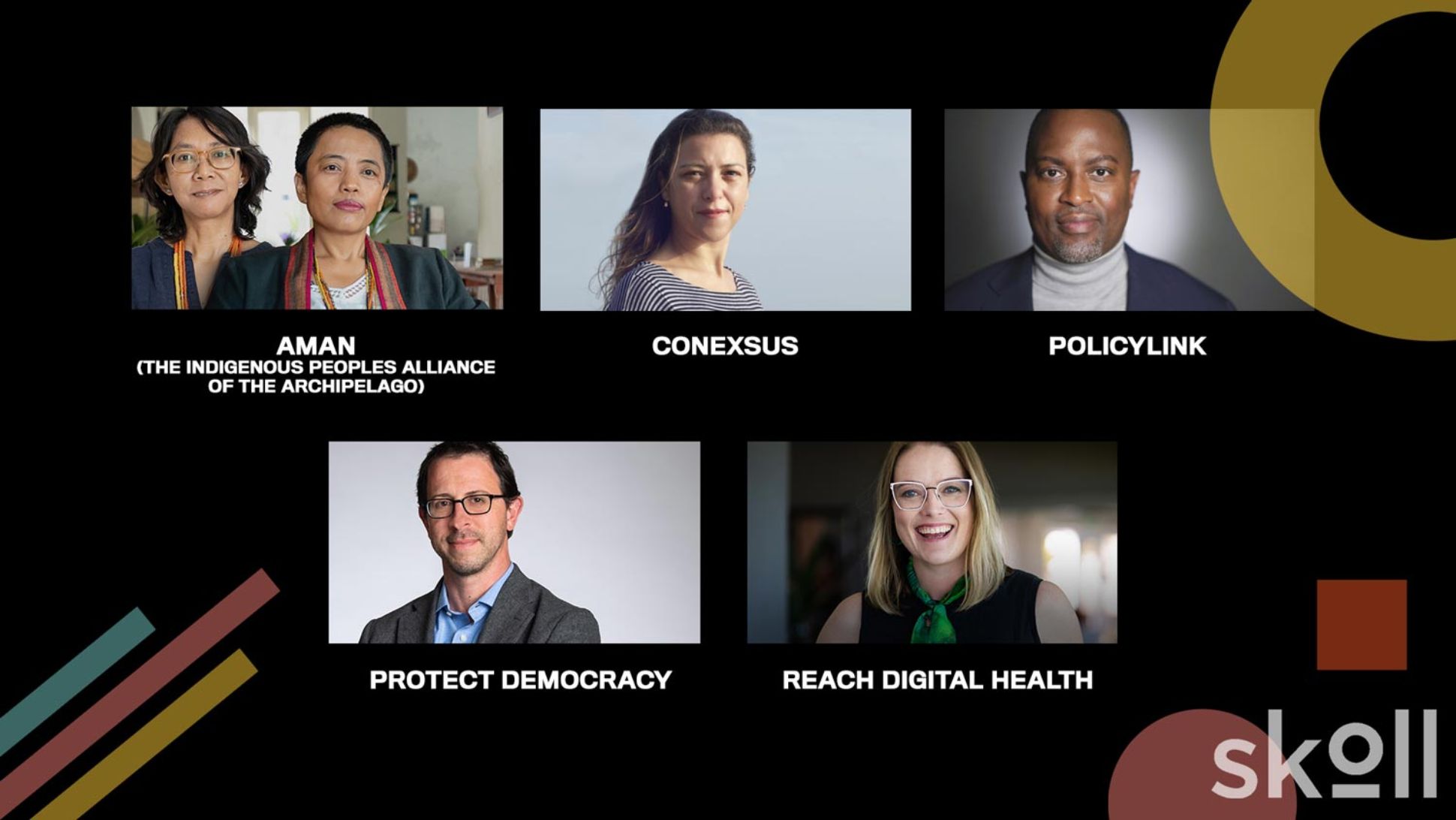 |
| |
| The Skoll Foundation announces this year's winners of the Skoll Award for Social Innovation. Here's the deal: During the 20th Skoll World Forum, the foundation will recognize and celebrate 5 leaders and innovators who are advancing social change around the world. Meet the winners. |
| |
| |
| Bonus: Where in the World? |
| Can you name the countries represented by these nine flags? If you can spot what they all have in common, it should get a bit easier. Scroll to the bottom for answers. |
    |
| |
| |
| 4. Data du jour: Migrants traveling farther to reach U.S. border |
 Data: U.S. Customs and Border Protection; Chart: Erin Davis/Axios Visuals Migrants are increasingly making treacherous journeys from faraway nations to seek asylum at the U.S.-Mexico border, Axios' Stef Kight writes in an Axios Latino special report on immigration. By the numbers: As recently as fiscal year 2019, 92% of all Border Patrol apprehensions were of migrants from Mexico or the Northern Triangle — Guatemala, Honduras and El Salvador. - That fell to just 57% for fiscal year 2022 and 44% in the first five months of the current fiscal year.
- People from Colombia, Ecuador, Peru and India made up a large share of those who tried to cross the border in February, and Chinese nationals are also coming in larger numbers.
Zoom out: People are also migrating more within Latin America due to rising violence and economic strife, Marina E. Franco writes. What to watch: Biden's immigration policies to be tested when Title 42 ends next month |
    |
| |
| |
| 5. View from Beirut: Inflation destabilizes military |
 |
|
| Lebanese army retirees protest living conditions and economic crisis on March 30. Photo: Marwan Naamani/picture alliance via Getty Images |
| |
| Lebanon's spiraling economy is threatening the stability of the military and security services, as current and retired security personnel see the value of their salaries and pensions plummet, Hanna Davis writes from Beirut. Why it matters: Soldiers have taken second jobs or, in some cases, deserted their ranks, threatening Lebanon's security. The army serves as a stabilizing force to police the country's sectarian feuds, and it's long been a critical partner for the U.S. and a counterweight to Iran-backed Hezbollah. Driving the news: Last week, protesters, including hundreds of army retirees angered over the rapid depreciation of their pensions, tried to remove barbed wire fencing outside the prime minister's headquarters. - The salaries and pensions of the country's security personnel have drastically decreased in value, unable to keep pace with the rampant inflation of the Lebanese pound.
- An active Lebanese soldier, who spoke on condition of anonymity, said his salary was worth $1,300 three years ago and is now just $114. He has resorted to driving for various ride-sharing apps but still barely has enough to cover his daily expenses.
- "I am under terrible psychological pressure and terrible economic pressure," he said.
What's next: The IMF has offered a $3 billion bailout package to Lebanon, but it's contingent on structural reforms that are completely stalled. Lebanon lacks a president or a fully empowered Cabinet. |
    |
| |
| |
| 6. Syrian refugee elected mayor of German town |
 |
|
| Mayor Rayyan Alshebl. Photo: Christoph Schmidt/picture alliance via Getty Images |
| |
| Rayyan Alshebl fled Syria to Germany in 2015, gained citizenship, settled in the village of Ostelsheim, learned German and got a job at town hall. - On Sunday, he was elected mayor. "Ostelsheim has set a clear example, and in that sense has also made history. Also a strong signal for cosmopolitanism, for tolerance," he told Reuters, adding he might never have had such chances in Syria.
|
    |
| |
| |
| 7. Stories we're watching |
 |
|
| Young monks play at a monastery in northeastern India. Photo: Arun Sankar/AFP via Getty Images |
| |
- U.S. admits Afghanistan evacuation should have begun sooner
- Blinken: "No doubt" WSJ reporter wrongfully detained
- Finland joins NATO
- Trump back in the global spotlight
- UAE ruler names son crown prince, shakes up top ranks
- Milley's remarks on Iran alarmed Israel
- Pilotless cargo flights?
Quoted: "The balance of power that we find ourselves in today often reminds me of my father's generation. .... Then we had Hitler and today we have Putin and Chairman Xi." — Rep. Michael McCaul (R-Texas) while leading a congressional delegation in Taiwan, in comments that aren't exactly likely to dial down the tensions with Beijing |
    |
| |
| |
| A message from the Skoll Foundation |
| Celebrate the 5 social innovators who are making a global impact |
| |
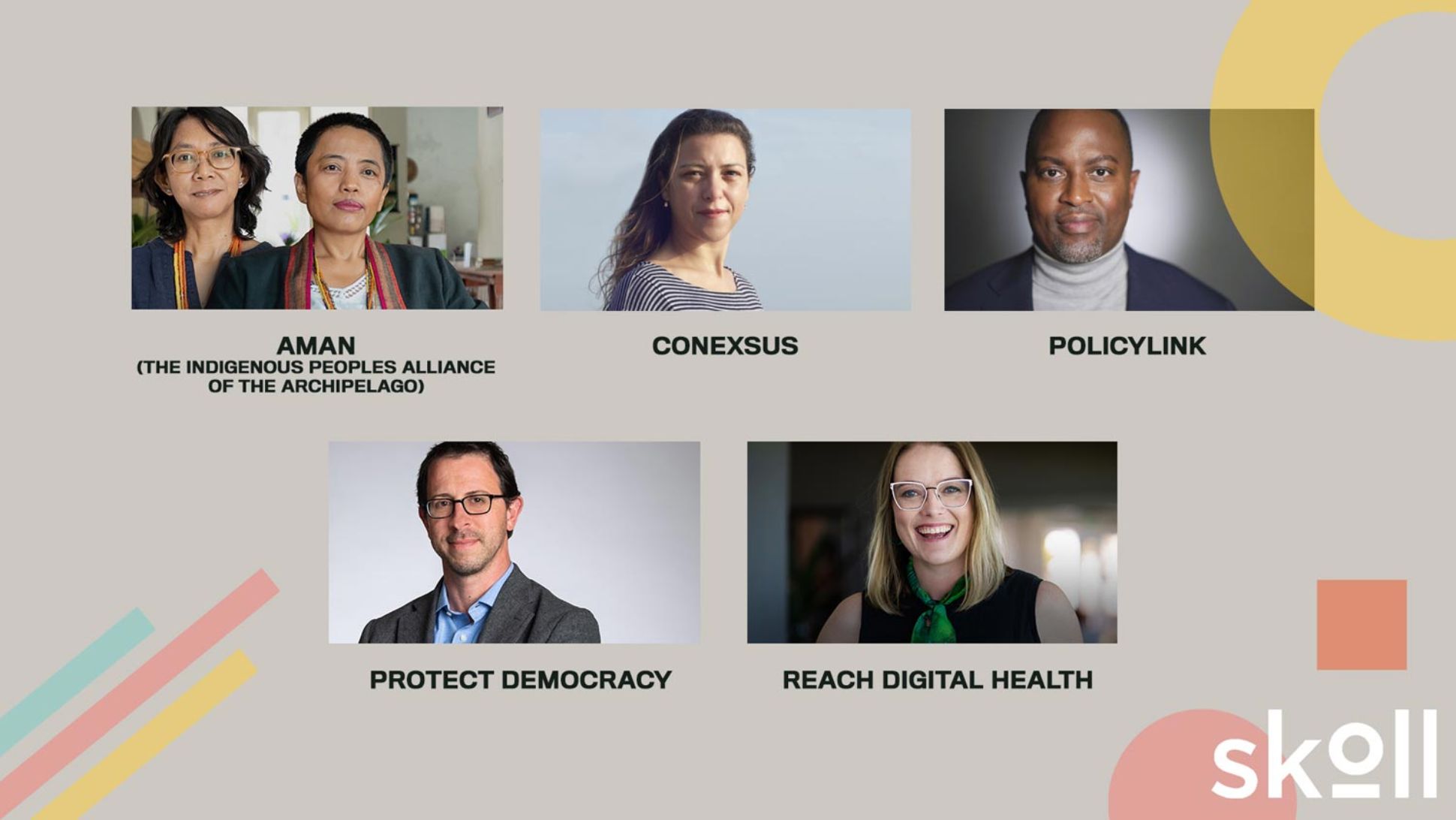 |
| |
| Meet this year's winners of the Skoll Award for Social Innovation at the Skoll World Forum. Get involved: Join the forum virtually and be inspired by the remarkable social progress of the past 20 years and the ambitious vision for the future. Register today for free! |
| |
| Answers: 1. Albania; 2. Angola; 3. Argentina; 4. Australia; 5. Azerbaijan; 6. Armenia 7. Austria; 8. Antigua and Barbuda; 9. Algeria. |
 | | Are you a fan of this email format? Your essential communications — to staff, clients and other stakeholders — can have the same style. Axios HQ, a powerful platform, will help you do it. | | |





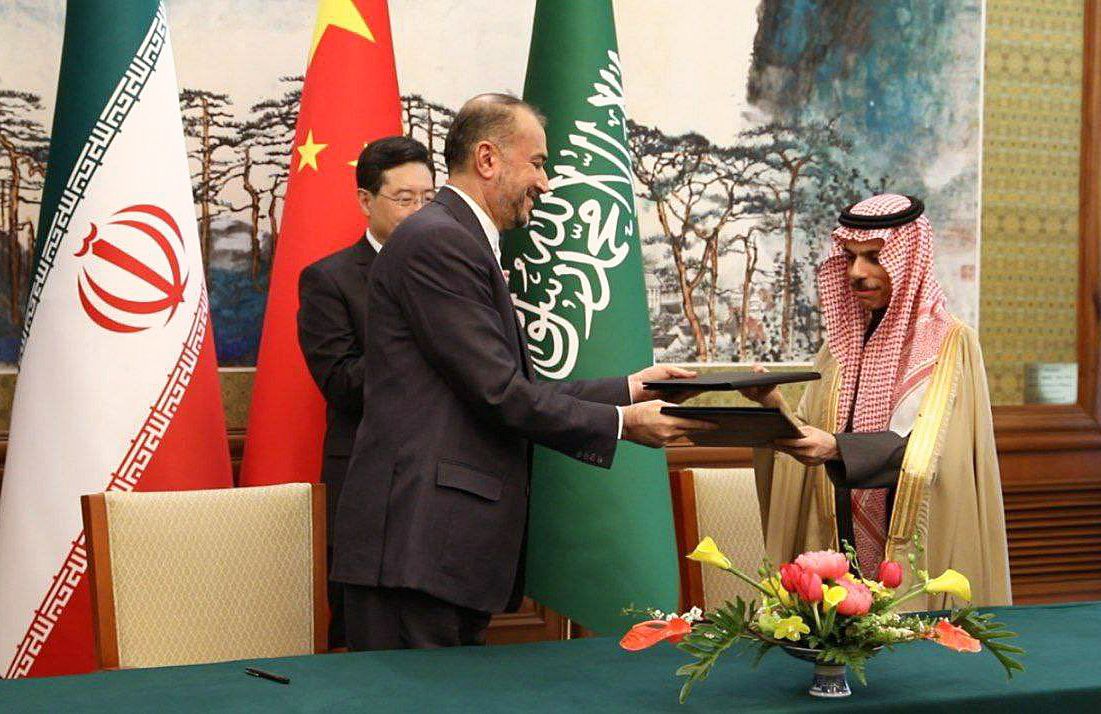
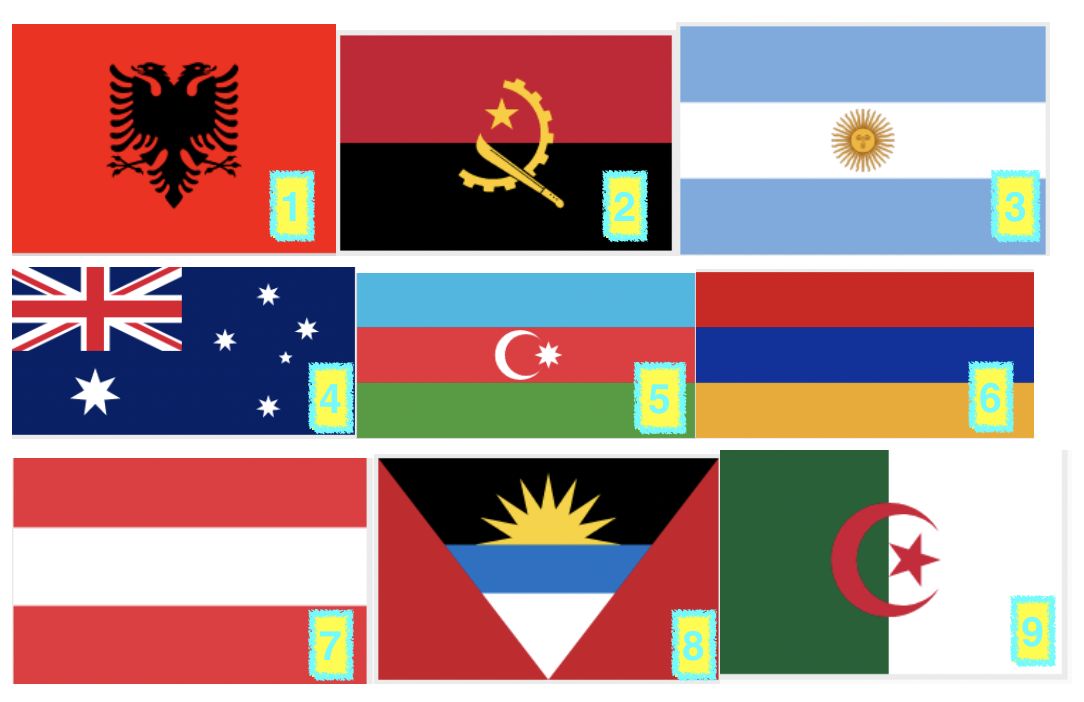





No comments:
Post a Comment